|
LISTEN TO THIS THE AFRICANA VOICE ARTICLE NOW
Getting your Trinity Audio player ready...
|
For years, Ken Ofori-Atta was the polished face of Ghana’s economic strategy, a Harvard-educated investment banker who became finance minister in 2017, tasked with steering the country through turbulent fiscal waters. Now, he’s the subject of an Interpol Red Notice, accused of using the same high office for personal enrichment.
Ofori-Atta’s transformation from government technocrat to international fugitive is as swift as it is dramatic. On Thursday, June 5, 2025, his name officially joined the global police network’s list of wanted persons, a move initiated by Ghanaian authorities after his repeated failure to respond to corruption allegations. Though the Red Notice is not an international arrest warrant, it signals to law enforcement across nearly 200 countries that Ghana wants him detained for possible extradition.
The charges are serious. At the heart of the controversy are accusations that Ofori-Atta, 65, used his ministerial position for private gain, contributing to significant financial losses for the state. Among the most contentious cases is his alleged role in the procurement process for a national cathedral project, a religious monument meant to be a national symbol of unity. Despite $58 million in government expenditure, the site remains a construction pit in Accra, its future uncertain and its accounting under scrutiny.
The former minister has yet to publicly address the fresh Red Notice, but he previously insisted he was being treated unfairly by the Office of the Special Prosecutor (OSP). His lawyers once offered to stand in for him in legal proceedings, citing his ongoing medical treatment abroad. That offer was rejected by the state prosecutor, Kissi Agyebeng, who made clear: “We want him here physically, and we insist on it.”
This tug-of-war began earlier in the year when Ofori-Atta appealed to the OSP to be removed from the wanted list, pledging to return to Ghana by May. Initially, that was enough; Agyebeng accepted his word and struck his name off the register. But when May came and went without his appearance before an investigative panel, the prosecutor reinstated the wanted status and escalated the matter to Interpol.
In March, Ofori-Atta filed a lawsuit against the OSP, alleging unlawful treatment and demanding the removal of case-related posts from the agency’s social media platforms. That move did little to slow the tide.
The former minister served under the now-opposition New Patriotic Party (NPP) until February 2024, when the party lost power to the National Democratic Congress (NDC) in December elections. The incoming President, John Mahama, campaigned on a promise to crack down on corruption, and has wasted little time trying to fulfill it.
In one of his first official acts, Mahama established Operation Recover All Loot, a sweeping anti-corruption task force empowered to investigate alleged misappropriations under previous administrations. So far, it has received more than 200 complaints, with potential recoverable funds exceeding $20 billion.
Mahama has vowed that Ghana will no longer serve as a haven for the corrupt. “We are charting a new course,” he said in an earlier address. But critics note that cases involving some of Mahama’s own allies have mysteriously been dropped, raising questions about the evenhandedness of his anti-graft crusade.
Still, the pursuit of Ken Ofori-Atta has become a symbolic test of Ghana’s resolve, a message that no one, no matter how high their office or how far their flight, is beyond the reach of the law. Whether the former finance minister will return voluntarily or be forced back in cuffs remains to be seen. But as of now, he is no longer just a former statesman; he is a wanted man on the world’s radar.
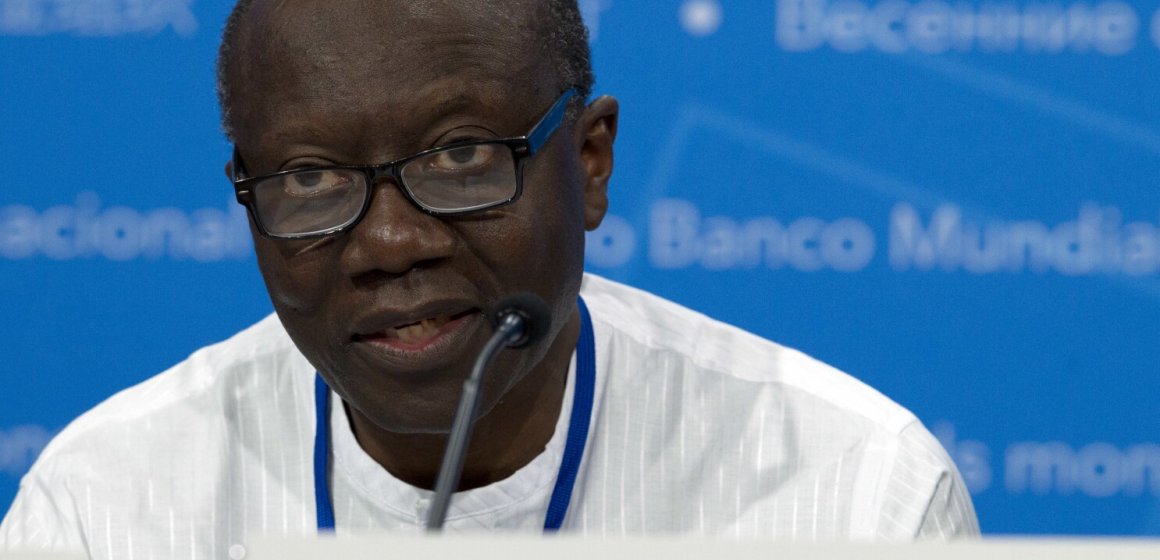



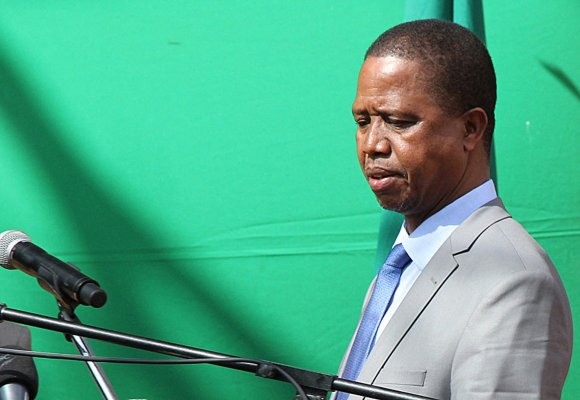
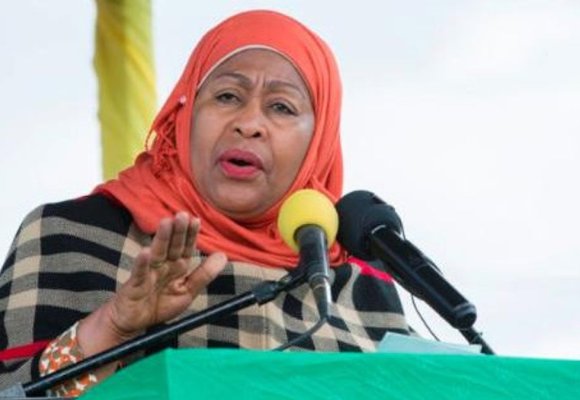
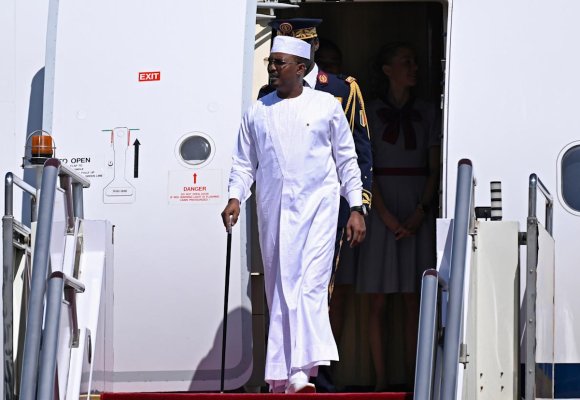

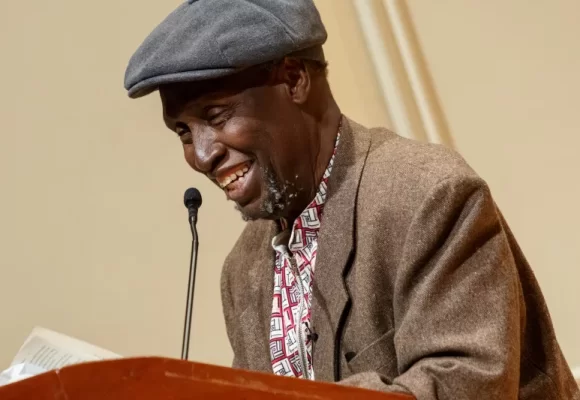
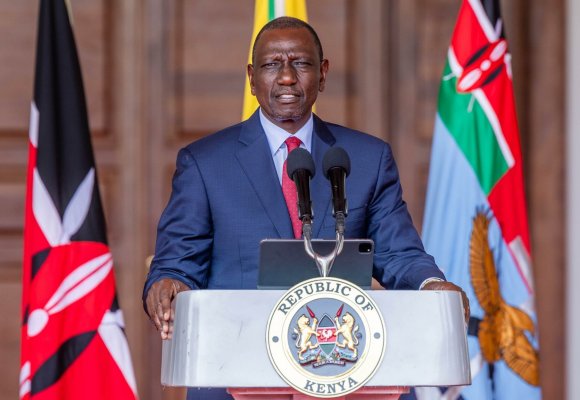

LEAVE A COMMENT
You must be logged in to post a comment.